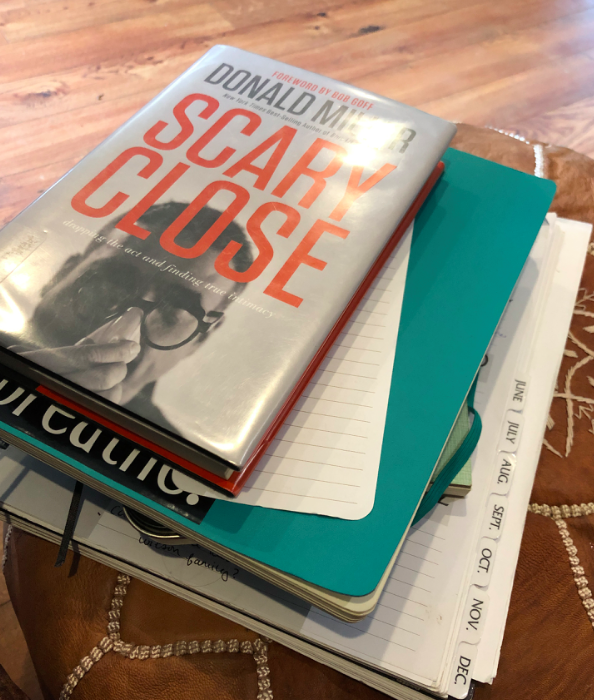The Excellent Lombards: A Book Review
Sometimes a book finds you.
It’s been a while since I finished a novel purely for pleasure. I’ve been reading novels for Book Club and non fiction books for teaching and learning and whatnot, but I have been missing just reading for fun – the kind of reading I encourage my children to do every day.
Our town’s library has a shelf with new releases. It’s a shelf I usually veer away from as the new releases are due to be returned in 14 days or less. Which might seem like a perfectly reasonable request to perfectly reasonable people. Of whom I am not.
Jane Hamilton’s name popped out to me and – in judging this book by its cover – I was drawn into the farm scene depicted there.
I vaguely recalled her earlier novel Map of the World and I seemed to recall enjoying it although, quite frankly, I couldn’t give you a synopsis or even tell you one single character’s name if my very life depended upon it.
I threw caution to the wind and checked out The Excellent Lombards anyway and tucked it away on my trip to the beach recently. I was not sure I would have any extra time since it was a guided retreat, but there was a fabulous gift of an afternoon or two of free time to sit in one of the very best places ever to read a novel – in a chair with the ocean waves lapping against my bare feet.

The novel begins with the sentence “We were making hay.” and I was probably already sold with those four words. That first chapter held a memory heavy story for me about the main character – a young girl named Mary Frances – and her brother and some of her family gathering hay in the field before a storm arises and ruins their hard work. I felt like I was back in Virginia, on summer break from college, racing through the hay field with my younger brother, stacking bales faster than we ever had, outrunning an impending storm and feeling as if we had saved America herself with our manual labor. It was a good feeling. A helpful feeling. A deep memory that hasn’t worn out despite the years.
The rest of the entire novel felt like that to me. A memory of my own. A story in first person of a child growing into an adult and a land mattering to her. Mary Frances idolizes her dad, co-owner of a family apple orchard. She is fierce and opinionated and self-absorbed as only a teenager can be. She’s focused on her own future and the role the orchard plays in it. She feels as attached to the farm itself as she does to her parents and to her beloved brother and to her ideas of How It All Should Be.
It’s a sweeping novel – taking us from Mary Frances at about ten to Mary Frances nearly finishing high school.
Her teacher instructs the classroom once, assigning a writing topic, “You would not be who you are if you did not live right here, in this town, in this county, in this state, and in this time.”
Yes. To all of that.
During a family discussion Mary Frances’ father quotes a Russian proverb. The conversation is going south and the other family members are disagreeing and the dad suggests that the entire discussion be tabled until the next day. I want to write down on my wall what he says, because it feels so true in those dangerous nighttime “discussions”. He tells Mary Frances, “The morning is always wiser than the evening.”
This was a book that I would have loved to have had a couple extra chapters added after the ending. There were just some loose ends that I really wanted to see resolved. (Isn’t that always the way?)
In one scene the parents are both talking to one another and the dad asks his wife, “How did it get to be so late?” (Meaning, of course, both in the evening and in their lives.) I just adore her answer. “In the usual way.”
_______________________


